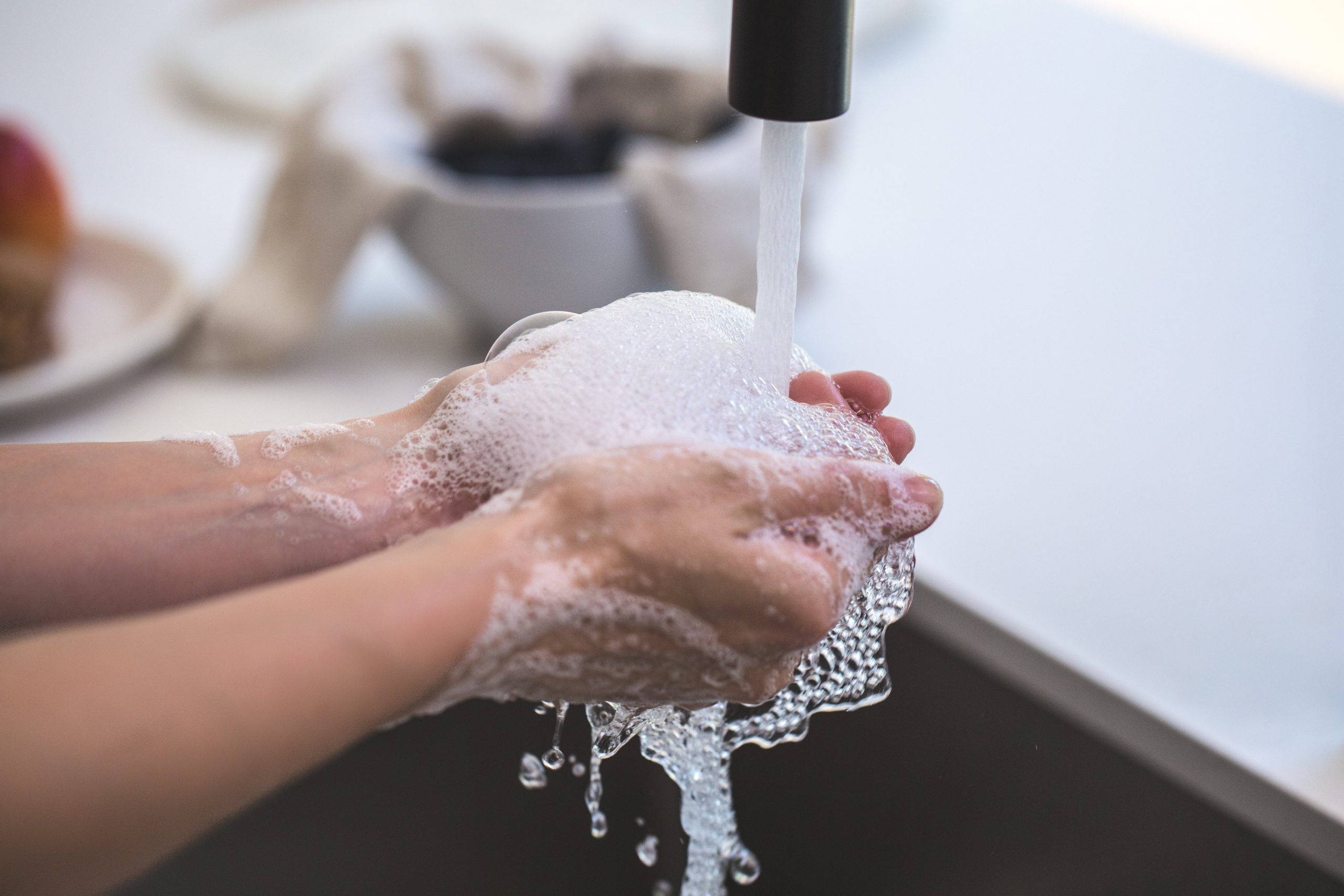COVID-19: How to Protect Yourself and Your Loved Ones
| COVID-19

Like many Canadians, we’re closely following the news about COVID-19 acute respiratory disease. More than 125,000 cases have been confirmed around the world, including 138 in Canada, as of March 12, 2020. Canada’s incidence of COVID-19 infection is very low – currently 0.0003% of our population of 37.6 million people. To help prevent the spread of disease, it is important to stay informed and take everyday precautions to reduce exposure.
At Bayshore HealthCare, we follow proactive Infection Prevention and Control Practices (IPAC), including active screening of clients in every setting where we provide care, to maintain a high-quality and safe environment for our clients and employees. As always, we’re committed to serving our clients and their families and protecting them from health risks.
Who is at risk?
Most cases of COVID-19 are mild, but certain people are at greater risk of developing serious illness:
- People aged 65 and older
- People with compromised immune systems from a medical condition or treatment (e.g., chemotherapy)
- People with underlying medical conditions (e.g., heart disease, hypertension, diabetes, chronic respiratory diseases, diabetes, cancer)
Currently, there is no vaccine for COVID-19, and no natural health products are authorized for treating or protecting against it.
What you can do to prevent virus transmission
Human coronaviruses are spread from person to person through respiratory droplets (from coughs and sneezes); close, prolonged contact (such as touching or shaking hands); and touching surfaces where the virus is present and then touching the face.
We can all play a part in limiting the spread of infectious diseases. Here are several actions that you can take:
Wash your hands properly: Wash your hands with soap and water for at least 15 to 20 seconds, especially whenever hands are soiled, before and after preparing food, before and after eating, after using the washroom, and after coughing or sneezing into a tissue. If soap and water aren’t available, use alcohol-based hand sanitizer on all parts of the hands, including in between your fingers. Read more handwashing tips.
Practise respiratory etiquette: To reduce the spread of respiratory droplets, cough or sneeze into the bend of your elbow, or cover coughs and sneezes with a tissue and throw it away. Wash your hands right away.
Avoid touching your face: Viruses can enter the body through the mucous membranes in the eyes, nose and mouth. People touch their faces more often than you might think – potentially hundreds of times a day.
Clean your home: Use household cleaning products or diluted bleach (one part bleach, nine parts water) to disinfect frequently touched surfaces such as bedside tables, toilets, door handles, light switches and toys. Use alcohol wipes to clean computers, phones, remote controls and other devices.
Avoid travelling to affected areas: Before you take a trip, check the latest travel health notices from the Government of Canada. PHAC is also advising Canadians to avoid travelling on cruise ships, where infectious diseases can spread rapidly because of the close contact between passengers.
Monitor yourself for symptoms: Symptoms of COVID-19 include fever, cough and difficulty breathing. If you are travelling, PHAC recommends: “All travellers are advised to monitor themselves for symptoms and to contact the local public health authority in their province or territory if they feel sick.” It also offers guidance on self-isolation at home, for people who have travelled to affected areas or have been diagnosed with COVID-19.
Stay informed about COVID-19
The public health risk of COVID-19 is low in Canada, but this could change. Check for updates from reputable, reliable sources, such as the Public Health Agency of Canada and the World Health Organization.
Know the facts about coronavirus disease (COVID-19) (available in 10 languages)
Vulnerable populations and COVID-19
Bayshore Home Health offers a wide range of home care services to help Canadians live independently for as long as possible. Contact us at 1-877-289-3997 for details.
